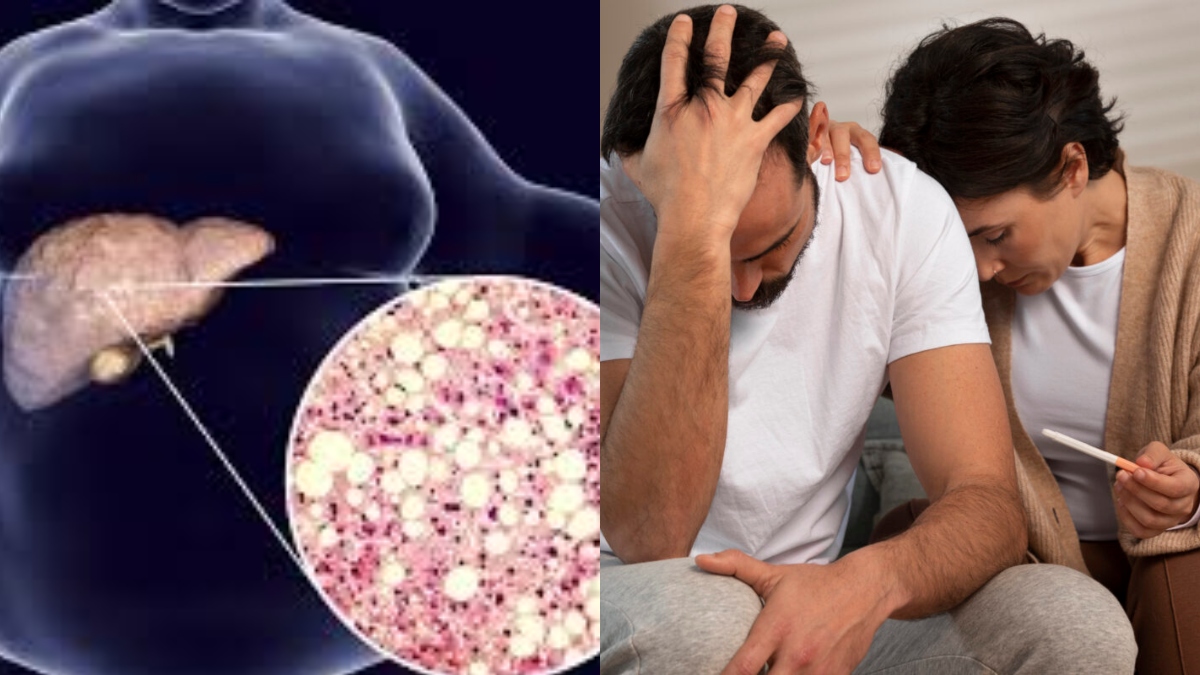Recent research reveals significant correlation between dietary choices and migraine symptomatology, offering new hope for sufferers
Swapnil R Mishra
Researchers at a Danish institution recently published a review article in Nutrients, examining the interplay between diet, specific foods and migraine prevention and treatment. Their findings suggest a significant correlation between dietary choices and migraine symptomatology, potentially influencing medication requirements and attack frequency, duration and severity.
Migraines are a pervasive neurological disorder affecting individuals under 50, causing substantial disability. Preceding symptoms, such as visual disturbances (blind spots, flashing lights), often signal an impending migraine. However, migraines without aura can manifest unexpectedly.
Research underscores the profound influence of migraines on quality of life, with recurrent episodes leading to substantial social and occupational impairments.
Migraines manifest through a constellation of symptoms, including unilateral, pulsating headaches of intense severity, often exacerbated by physical exertion. Associated symptoms comprise nausea, photophobia and phonophobia.
Its treatment encompasses both acute attack management and preventive medication. However, identifying and avoiding triggers can significantly enhance management efficacy, potentially reducing or eliminating the need for pharmaceutical interventions.
The brain-gut axis, a complex network of pathways and nerves connecting the enteric and central nervous systems, plays a pivotal role in regulating neuroendocrine processes pertinent to migraines. Dietary modifications can significantly impact this communication, influencing vagal nerve signaling, inflammation and hormonal fluctuations
Prior studies indicate specific dietary components (alcohol, caffeine, fruits, chocolate) may precipitate migraines, whereas preventive regimens (plant-based, ketogenic, low-fat diets) may mitigate their occurrence. Notably, chocolate cravings, often presumed to be triggers, may actually signify the initial phase of migraine onset
In About the study
A systematic review aggregated evidence from medical databases to investigate the relationship between specific diets and migraine attack characteristics (intensity, duration, frequency). The search, unrestricted by publication year, encompassed diverse study designs, including clinical crossover trials, controlled and pilot studies.
This systematic review included studies featuring adult participants undergoing dietary, nutritional or food interventions, comparing outcomes to control groups. The focus was on diet’s role in migraine treatment and triggering. Studies involving children, medication or supplement interventions, small sample sizes (<10), inaccessible data or non-English languages were excluded.
A systematic review of 669 records yielded 38 relevant articles, from which 8 studies met inclusion criteria. Seven studies investigated dietary interventions for migraine prevention, while one examined specific food triggers. The selected studies comprised clinical crossover trials, controlled trials and pilot studies.
Research on ketogenic diets reveals significant migraine relief. Two studies demonstrated reduced pain intensity, medication use, attack duration and frequency following 3-week and 12-week ketogenic diet interventions. The diet’s therapeutic mechanism involves shifting brain energy supply to ketone bodies, potentially mitigating neuroinflammation and oxidative stress.
The Dietary Approaches to Stop Hypertension (DASH) diet demonstrates efficacy in reducing migraine pain intensity, duration and frequency. This diet’s unique composition – high in potassium, calcium and magnesium, with reduced sodium intake – may regulate brain function and mitigate inflammation.
A single study demonstrated significant improvements in pain intensity and frequency among migraine patients adhering to a gluten-free diet, particularly compared to those with tension-type headaches. Gluten-free diets may be especially beneficial for individuals with celiac disease, as gluten can trigger immune responses potentially worsening migraines.
A systematic review of three studies on elimination diets for migraine prevention reported mixed results. One study found reduced medication use and attack frequency, but no impact on intensity or duration. Another study showed decreased medication use, pain intensity, frequency and duration. A 16-week study revealed low-fat vegan diets reduced pain intensity, attack duration and frequency, with stricter diets yielding greater effects.
While elimination diets show promise in migraine management, their effectiveness is compromised by the subjective nature of identifying and avoiding trigger foods. Participant’s self-reported data is susceptible to recall bias, variability and inaccuracy.
Conclusions
Migraines are frequently comorbid with psychiatric disorders, particularly depression and anxiety, which affect individuals with migraines at a significantly higher rate (2-10 times) than the general population.
A comprehensive review highlights the therapeutic potential of specific diets in mitigating migraine symptoms. The gluten-free, low-fat vegan, DASH and ketogenic diets demonstrate efficacy in reducing migraine attack severity, frequency and duration, as well as associated medication use.
Research suggests elimination diets, which involve avoiding specific trigger foods, may be an effective strategy for mitigating migraine symptoms.
While research suggests a link between diet and migraine relief, significant methodological limitations exist. Short-term studies relying on self-reported data introduce recall and social desirability biases. Inconsistent medication reporting, non-systematic food identification methods and varied study designs further complicate clinical applications.
Migraine research studies’ validity is compromised by short durations and reliance on self-reported data, introducing potential errors and biases. Recall inaccuracies and social desirability bias may influence participant responses
Although preliminary research indicates specific diets may alleviate migraine symptoms, conclusive evidence requires more extensive investigation. Double-blinded studies and randomized controlled clinical trials are essential to validate findings.
To migraine research, forthcoming studies should systematically control for potential confounding factors, including medication usage, weight fluctuations and hormonal influences such as menstrual cycles.




